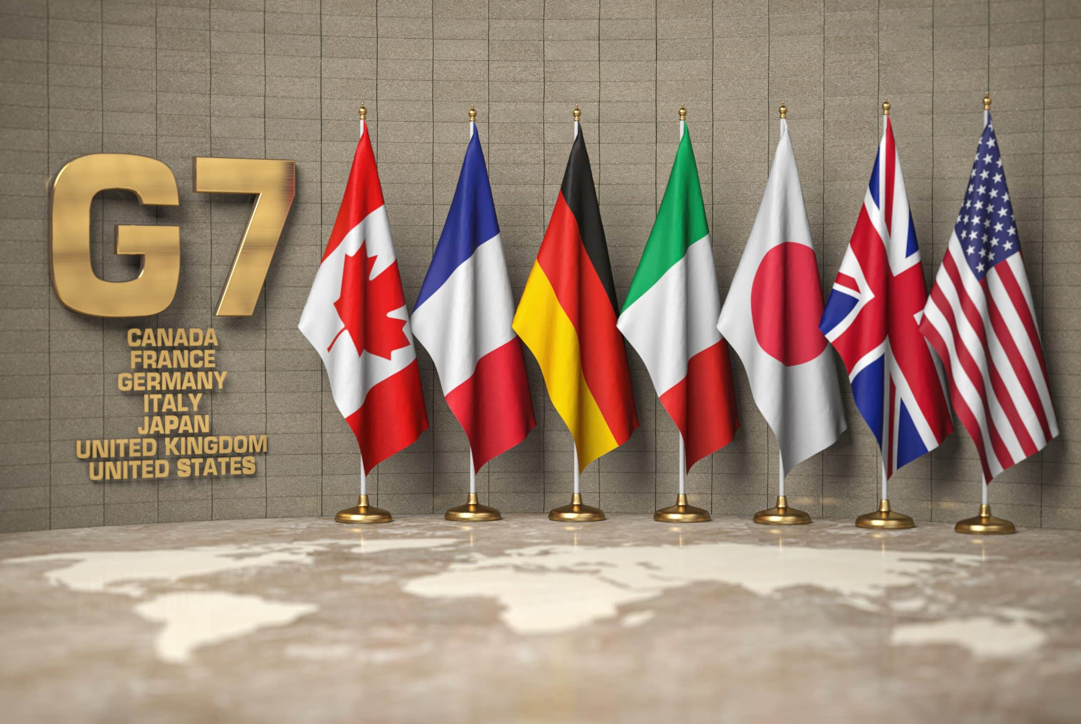
Junyang Hu, Research Associate for U.S.-China PAX sapiens, One Earth Future Foundation
Dec 05, 2023
Past agreements that were sufficient to navigate the political complexities are being eroded. China and the United States now seem driven toward more military posturing. But the notion of gaining security solely through military might is an illusion. A new approach is needed.
Dan Steinbock, Founder, Difference Group
Nov 27, 2023
With elections just a few weeks away, Taiwan is at its ultimate crossroads. Continued militarization would certainly undermine its past economic success.
Dennis V. Hickey, James F. Morris Endowed Professor of Political Science, Missouri State University
Sep 07, 2023
On July 25, the U.S. House passed the “Taiwan International Solidarity Act” (H.R. 1176) or TISA by voice vote. The legislation must now be passed by the Senate and signed by the president to become law. Is this law necessary? Will the president sign it? If so, will the legislation accomplish anything? Numerous questions have been raised.
Ted Galen Carpenter, Senior Fellow, Randolph Bourne Institute
Jul 21, 2023
U.S. allies in East Asia are growing reluctant to support American military actions in the event of a conflict with China over Taiwan. These allies express concerns about the significant costs and risks associated with such a conflict, prompting them to advocate for restraint and inform Washington that it would have to confront any resulting conflict with China independently.
Zhu Zhongbo, Director, Department for International and Strategy Studies, China Institute of International Studies
Jun 06, 2023
Legislators in Washington should cease and desist in their political maneuverings on Taiwan. It’s only making things worse. Undermining the political credibility of the United States and damaging the interests of the American people is a dubious distinction indeed.

Sun Chenghao, Fellow, Center for International Security and Strategy of Tsinghua University; Munich Young Leader 2025
May 30, 2023
The summit did not alter the overall direction of the United States or its core group of allies. U.S.-led competition with China only entered a new phase. America’s objectives have not changed, although it now sees the need to make adjustments.
Richard Javad Heydarian, Professorial Chairholder in Geopolitics, Polytechnic University of the Philippines
May 16, 2023
The U.S. and the Philippines held their first 2+2 Ministerial Dialogue in Washington, D.C. in seven years, with the aim to strengthen strategic cooperation and mark a new era of partnership. Discussions included the ongoing Taiwan crisis and the Philippines' announcement of opening four additional bases to U.S. troops under the Enhanced Defense Cooperation Agreement (EDCA). Philippine President Ferdinand Marcos Jr. has assured that these bases will not be used for offensive purposes in the event of a Sino-American conflict over Taiwan, despite concerns of dependence and geopolitical provocation.
Joseph S. Nye, Professor, Harvard University
May 03, 2023
We live in a world where geopolitical stability relies largely on deterrence. But how can we prove that deterrence works?
Nathaniel Schochet, Analyst and CJPA Global Advisors
Earl Carr, Founder and Chief Executive Officer at CJPA Global Advisors
Apr 12, 2023
Taiwan’s DPP, the pro-independence ruling party, has been fighting to retain relationships in the fallout of losing Honduras’ recognition to Beijing. Meanwhile, opposition leaders have breached a historic cross-strait divide with a visit to mainland China, all of this happening in the run up to Taiwan’s presidential elections next year.
Zhu Songling, Professor, Beijing Union University
Feb 01, 2023
Consultations with island authorities on trade shows American double-dealing. The visit undermined core Chinese interests and had a negative effect. It will do harm but no good in China-U.S. relations and will only undermine U.S. Secretary of State Antony Blinken’s Beijing visit.